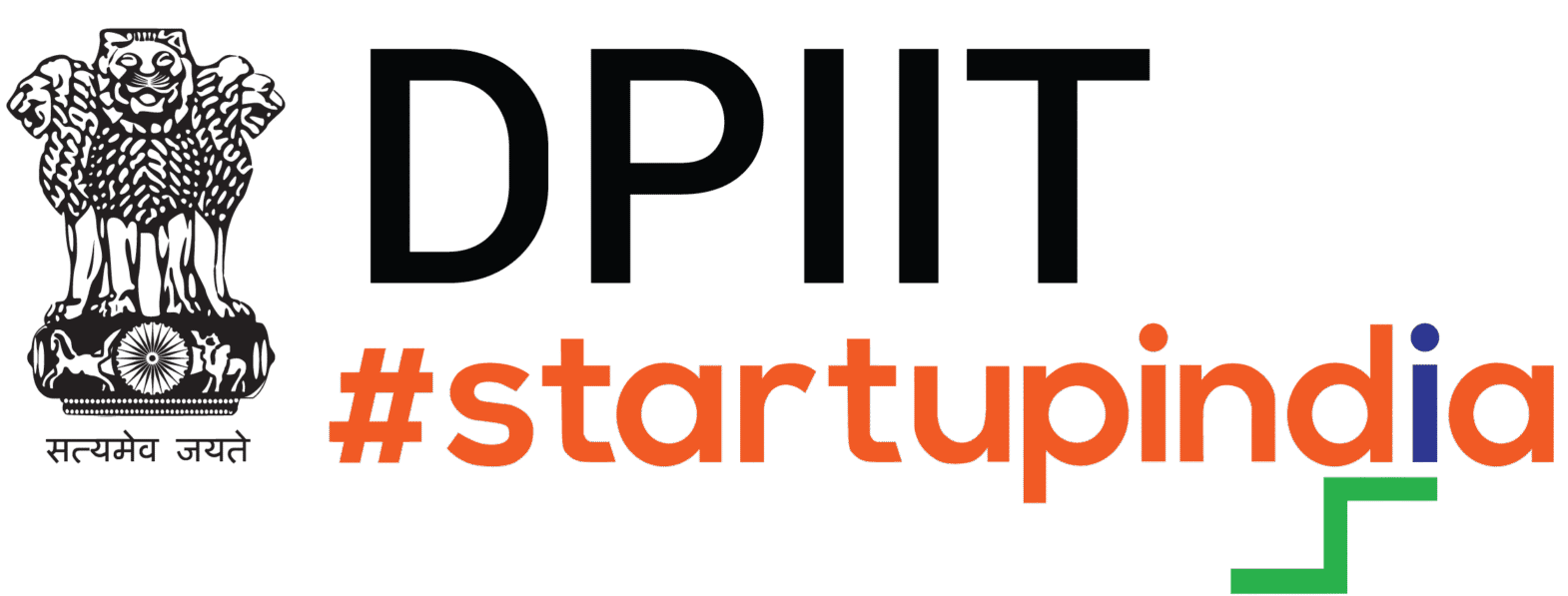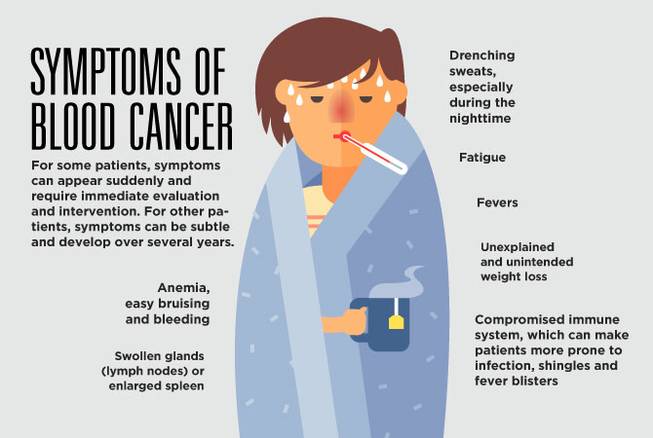The symptoms experienced during blood cancer treatment can be challenging, but they are essential indicators of progress and side effects management. Here are eight crucial points about the symptoms of blood cancer treatment:
- Fatigue: Fatigue is a common and persistent symptom during blood cancer treatment. Chemotherapy, radiation therapy, and other treatments can affect healthy blood cells, leading to profound tiredness. It’s crucial to communicate fatigue levels with your healthcare team for proper management.
- Nausea and Vomiting: Chemotherapy often causes nausea and vomiting. Medications can help alleviate these symptoms, but it’s important to report their severity to your medical team to adjust the treatment accordingly.
- Hair Loss: Some cancer treatments can result in hair loss. While not all treatments cause hair loss, it can be emotionally challenging. Patients are encouraged to explore options such as wigs, scarves, or embracing their natural appearance.
- Weakened Immune System: Blood cancer treatments can suppress the immune system, increasing the risk of infections. Symptoms of infections, such as fever or persistent cough, should be reported promptly.
- Bruising and Bleeding: Blood cancer treatment can affect the blood’s ability to clot, leading to easy bruising and prolonged bleeding. Any unusual or severe bleeding should be discussed with your medical team.
- Anemia: Treatments may lead to a decrease in red blood cells, causing anemia. Symptoms may include weakness, paleness, and shortness of breath. Anemia can be managed with medications or blood transfusions.
- Mouth and Throat Issues: Some treatments may result in mouth sores, dry mouth, or difficulty swallowing. Good oral hygiene and consulting with a dentist or oral specialist can help manage these symptoms.
- Gastrointestinal Symptoms: Diarrhea, constipation, and changes in appetite are possible side effects of blood cancer treatment. Staying hydrated and maintaining a balanced diet can be important for symptom management.
Blood Cancer Treatment Options
Blood cancers encompass a diverse group of diseases, including leukemia, lymphoma, and myeloma. Effective treatment approaches are crucial to managing these conditions, and healthcare providers employ various strategies to provide the best care possible. Here are six key points on how healthcare providers treat blood cancers:
- Chemotherapy: Chemotherapy is a common treatment for blood cancers, involving the use of powerful drugs to kill or control the growth of cancerous cells. These drugs can be administered orally or intravenously and are often combined with other therapies.
- Radiation Therapy: Radiation therapy utilizes high-energy X-rays or other particles to target and destroy cancer cells. It is particularly effective in treating lymphomas and localized tumors.
- Bone Marrow Transplantation in India: In cases of leukemia, lymphoma, or myeloma, bone marrow or stem cell transplantation may be recommended. This involves replacing the patient’s damaged bone marrow with healthy stem cells, either from a donor (allogeneic) or the patient themselves (autologous).
- Targeted Therapy: Targeted therapies are drugs that specifically target and block the activity of certain molecules involved in cancer growth. These therapies are often used to treat myeloma and some forms of leukemia.
- Immunotherapy: Immunotherapy enhances the body’s immune system to recognize and attack cancer cells. CAR-T cell therapy, for instance, is a form of immunotherapy used in treating specific types of blood cancer.
- Supportive Care: Blood cancer treatment can be physically and emotionally challenging. Healthcare providers offer supportive care, which includes managing side effects, such as nausea, fatigue, and infections, and providing emotional support to help patients cope with the journey.
On average, the blood cancer treatment cost in India is around INR 10,93,461 (USD 13,693). Chemotherapy is the most common treatment for blood cancer.























